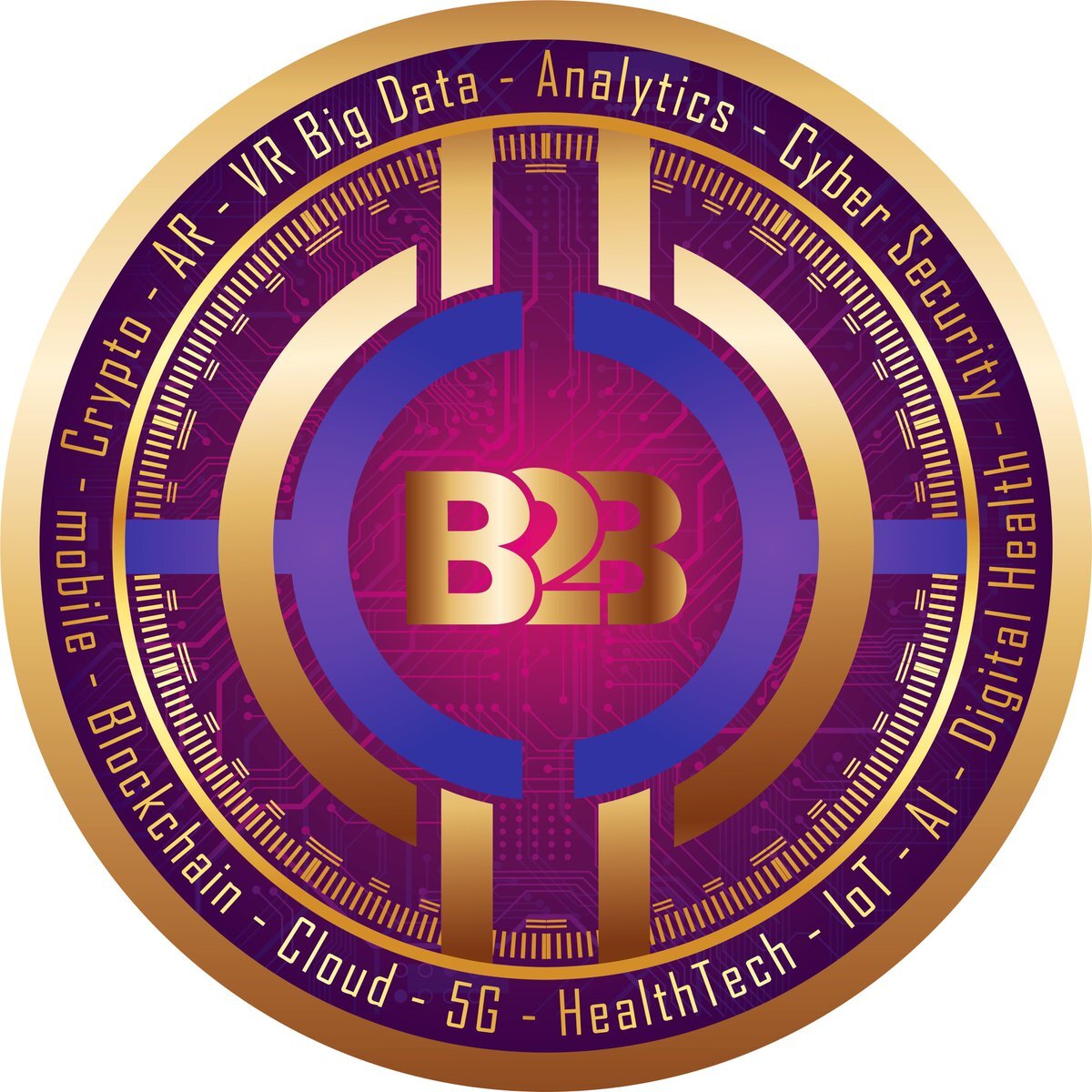From diagnostics to mental health, ChatGPT is poised to transform the landscape of healthcare services.
ChatGPT, OpenAI's advanced AI language model, is expected to bring about significant changes in the healthcare industry. This groundbreaking technology will likely revolutionize various aspects of medicine and wellness, aiming to improve patient care and healthcare professionals' efficiency through numerous innovative applications. AI can alleviate the burden on overworked healthcare professionals by automating routine tasks, allowing them to focus on patient care
One of the key contributions of ChatGPT in healthcare will be streamlining access to medical information. The technology will allow healthcare professionals to quickly retrieve reliable and up-to-date medical knowledge from vast databases, saving time and ensuring that professionals can make informed decisions for their patients.In addition to facilitating medical information retrieval, ChatGPT is also anticipated to emerge as a valuable tool for medical diagnostics. By analyzing patient symptoms and medical history, the AI model will assist doctors in diagnosing illnesses more accurately, leading to a reduction in diagnostic errors and improved overall patient care. The combination of AI and big data will empower clinicians to make better, evidence-based decisions, leading to improved patient outcomes.
Mental health is another critical area where ChatGPT is expected to demonstrate its potential. With mental health professionals often stretched thin, ChatGPT will provide 24/7 support to patients in need, offering immediate help and alleviating the burden on mental health services.
Medical education is also projected to benefit from the use of ChatGPT. The AI language model will serve as an interactive tool to teach medical students, enhancing their learning and training experience through natural language conversations and can help bridge the communication gap between patients and healthcare providers, facilitating a better understanding of complex medical information
Furthermore, ChatGPT is predicted to make strides in #health and #wellness coaching. The #AI-powered virtual assistant will create personalized workout routines and diet plans based on an individual's goals and preferences, allowing users to receive professional guidance without the need for a personal trainer or nutritionist.
Telemedicine, which has seen substantial growth through the pandemic, is expected to be further impacted by ChatGPT's offering of virtual consultations. By interacting with patients remotely, the AI model will provide preliminary assessments and recommendations before the patients see a doctor, allowing for a more efficient use of healthcare resources. The use of AI in virtual care will enable early detection of diseases and conditions, allowing for more timely and effective interventions
In the field of drug discovery, ChatGPT will help researchers analyze vast amounts of data and predict potential drug candidates, accelerating the discovery process and reducing costs, and by analyzing a patient's genetic information, medical history, and lifestyle factors, ChatGPT will help create tailored treatment plans that maximize efficacy and minimize side effects. Through AI, healthcare professionals can analyze vast amounts of data, uncovering patterns and insights that would otherwise remain hidden.
ChatGPT will also play a role in monitoring and predicting disease outbreaks by analyzing data from various sources, such as social media and public health reports, helping public health officials prepare for potential outbreaks. Furthermore, ChatGPT is expected to assist in medical research by reviewing and summarizing complex scientific articles, saving researchers valuable time and enabling them to stay current with the latest developments in their fields.
ChatGPT will likely be used to improve medical documentation, streamlining the process of recording patient information and reducing the time healthcare professionals spend on paperwork.
In conclusion, ChatGPT is poised to revolutionize healthcare in numerous ways. Its ability to improve diagnostics, support mental health, enhance medical education, and provide personalized care will transform the landscape of healthcare services. As AI continues to evolve and mature, its applications in healthcare will only become more diverse and transformative, benefiting patients and medical professionals alike, and the potential applications of ChatGPT in medicine and wellness are expected to grow beyond our current imagination
